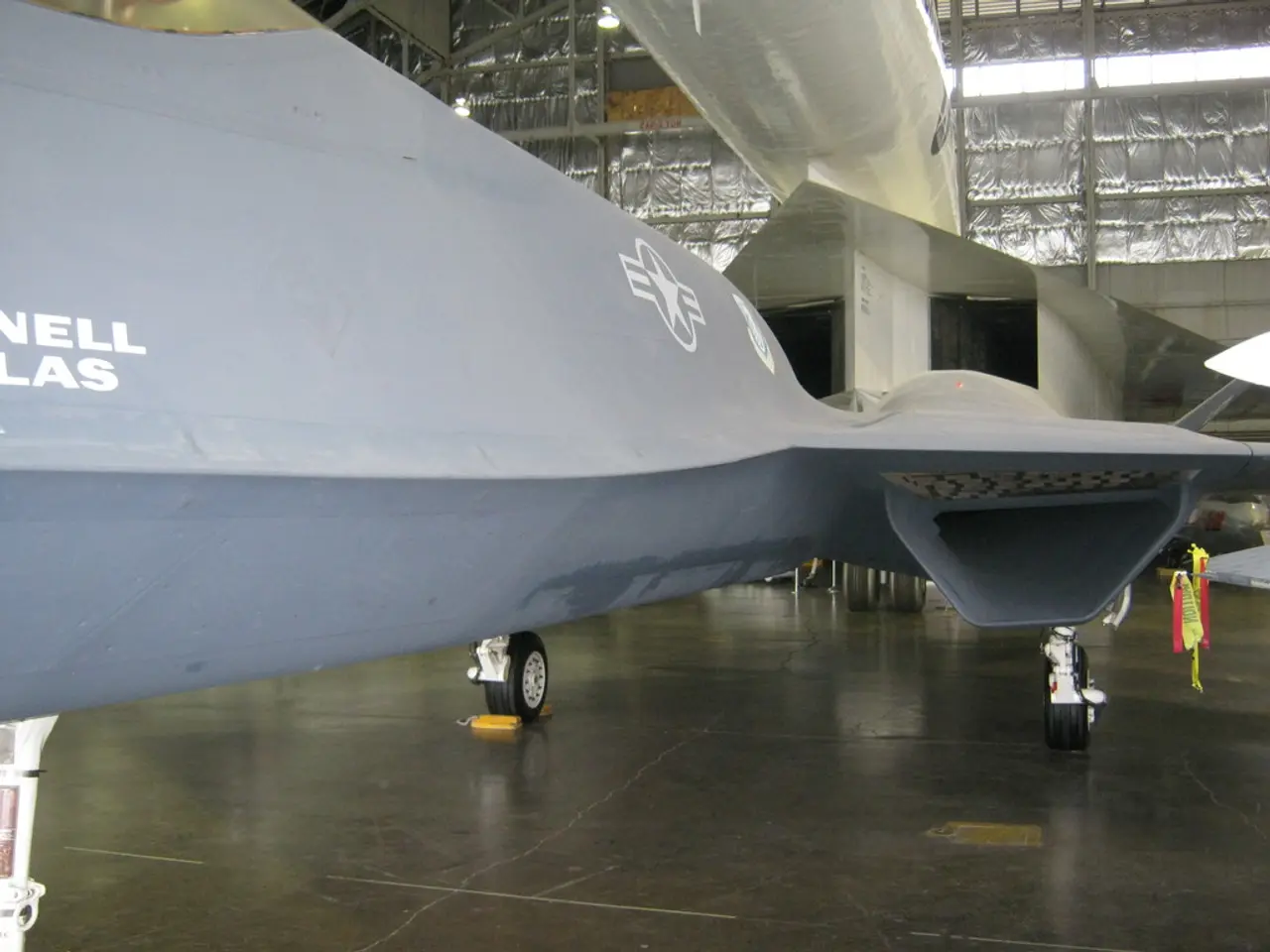Oil facilities in Kurdistan encountered drone assaults, causing potential disruption in production.
## Drone Attacks Hit Oil Fields in Iraq's Kurdistan Region
On a fateful day, July 16th, 2025, a series of drone attacks targeted oil fields in Iraq's Kurdistan region, causing significant disruption to the region's oil production.
### American Company HKN Energy Affected
One of the companies affected by these attacks was HKN Energy, a U.S.-based firm that operates oil sites in the Kurdistan region. At approximately 7:00 a.m. local time, HKN Energy's production facility was hit by a drone attack, marking another instance of violence in the region targeting oil infrastructure. Remarkably, the attack did not result in any reported casualties.
### Other Affected Oil Fields
The Peshkabir oil field, run by the Norwegian oil group DNO, was also attacked by two explosive-laden drones at 06:00 a.m. and 06:15 a.m. local time. A separate drone attack occurred at a US-run oil field in Dohuk province at 7:14 a.m. on the same day. In addition, the Tawke field in Zakho district was hit by a similar drone attack at 7:00 a.m.
### Impact and Response
The attacks significantly reduced oil output in the region. According to reports, production decreased by 140,000 to 150,000 barrels per day (bpd), cutting more than half of the region's normal output of about 280,000 bpd. Operations at affected fields were temporarily suspended, and security measures have been heightened, with guards attempting to fend off drones using small arms.
The attacks have been condemned as acts of terrorism by the regional natural resources ministry. These attacks highlight ongoing security challenges in the region, exacerbated by disputes over oil revenues and political authority between the Kurdistan Regional Government and Baghdad.
### Attribution and Context
While no group has claimed responsibility for these attacks, local officials and security personnel have pointed to Iran-backed militias as the likely perpetrators. The attacks coincide with broader regional tensions, particularly between Iran and its adversaries, including the U.S. and its allies. These tensions often manifest in proxy conflicts across the Middle East.
As the situation unfolds, the international community is watching closely, hoping for a peaceful resolution to the ongoing conflicts in the region.
- The attacks on oil fields in Iraq's Kurdistan region have caused a significant disruption in the business sector, affecting American company HKN Energy and other oil companies like DNO and US-run operations in Dohuk province.
- The attacks on July 16th, 2025, have resulted in a decrease in oil production by 140,000 to 150,000 barrels per day, representing more than half of the region's normal output of about 280,000 bpd.
- The drone attacks have been condemned as acts of terrorism by the regional natural resources ministry, highlighting ongoing security challenges in the region exacerbated by disputes over oil revenues and political authority between the Kurdistan Regional Government and Baghdad.
- While no group has claimed responsibility for these attacks, local officials and security personnel have suggested Iran-backed militias as the potential perpetrators, coinciding with broader regional tensions, including those between Iran and its adversaries like the U.S.
- The international community is closely monitoring the ongoing situation in the region, hoping for a peaceful resolution to the conflicts and associated challenges in both general news and crime-and-justice sectors, as well as the oil-and-gas industry and finance.




